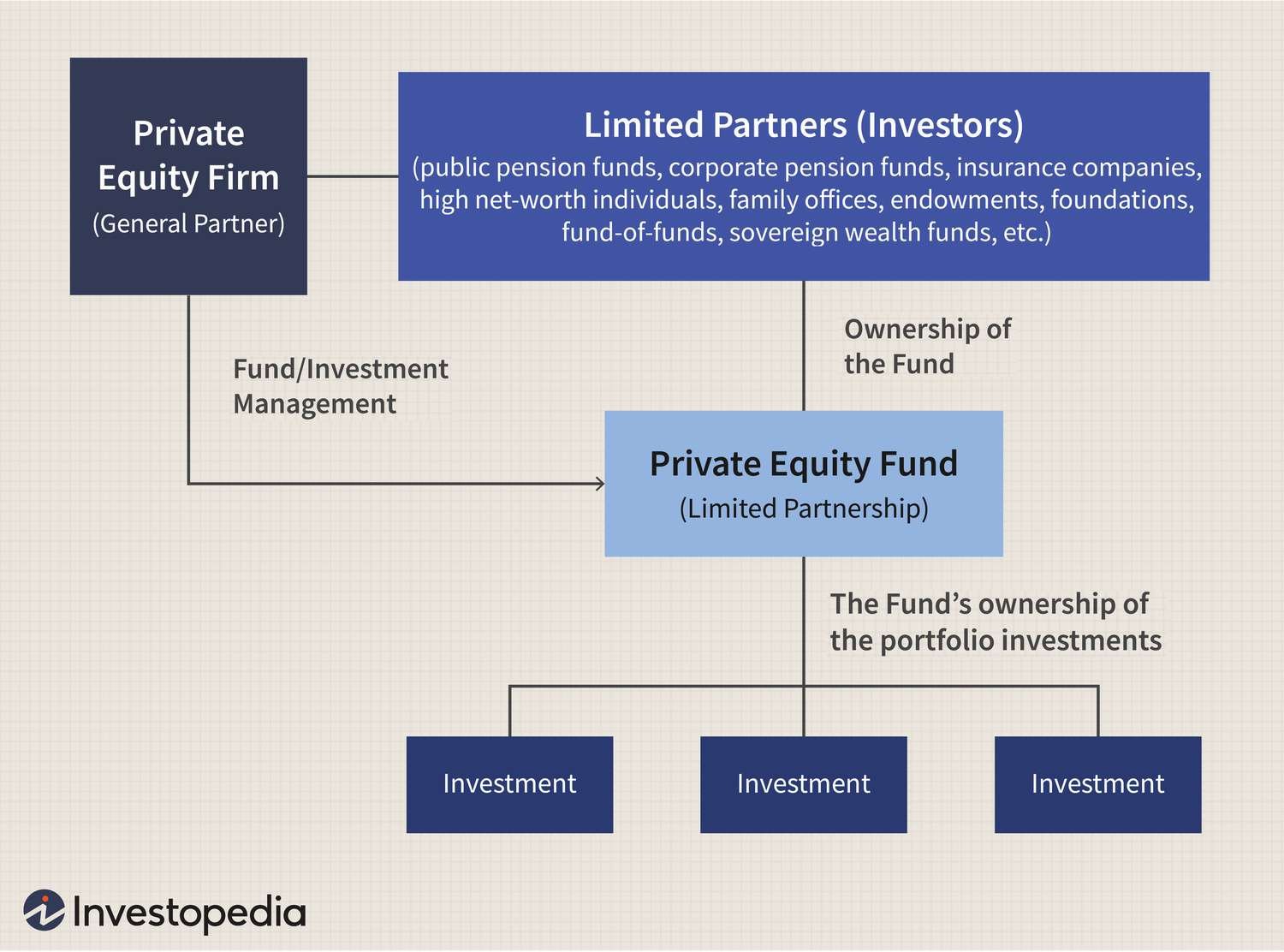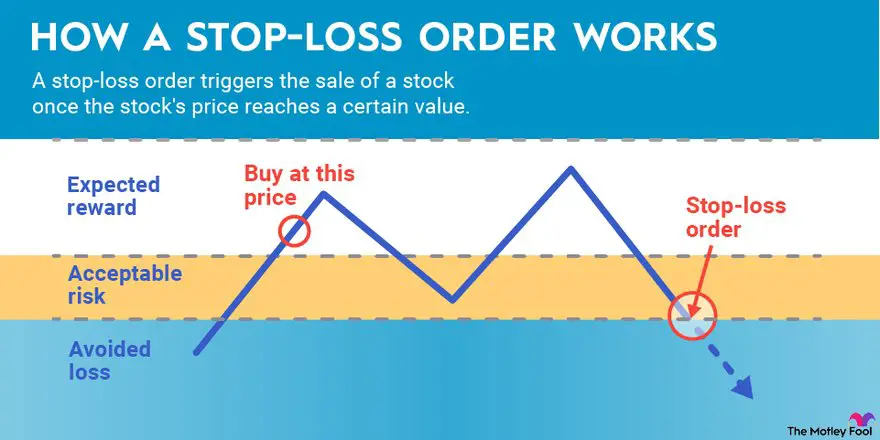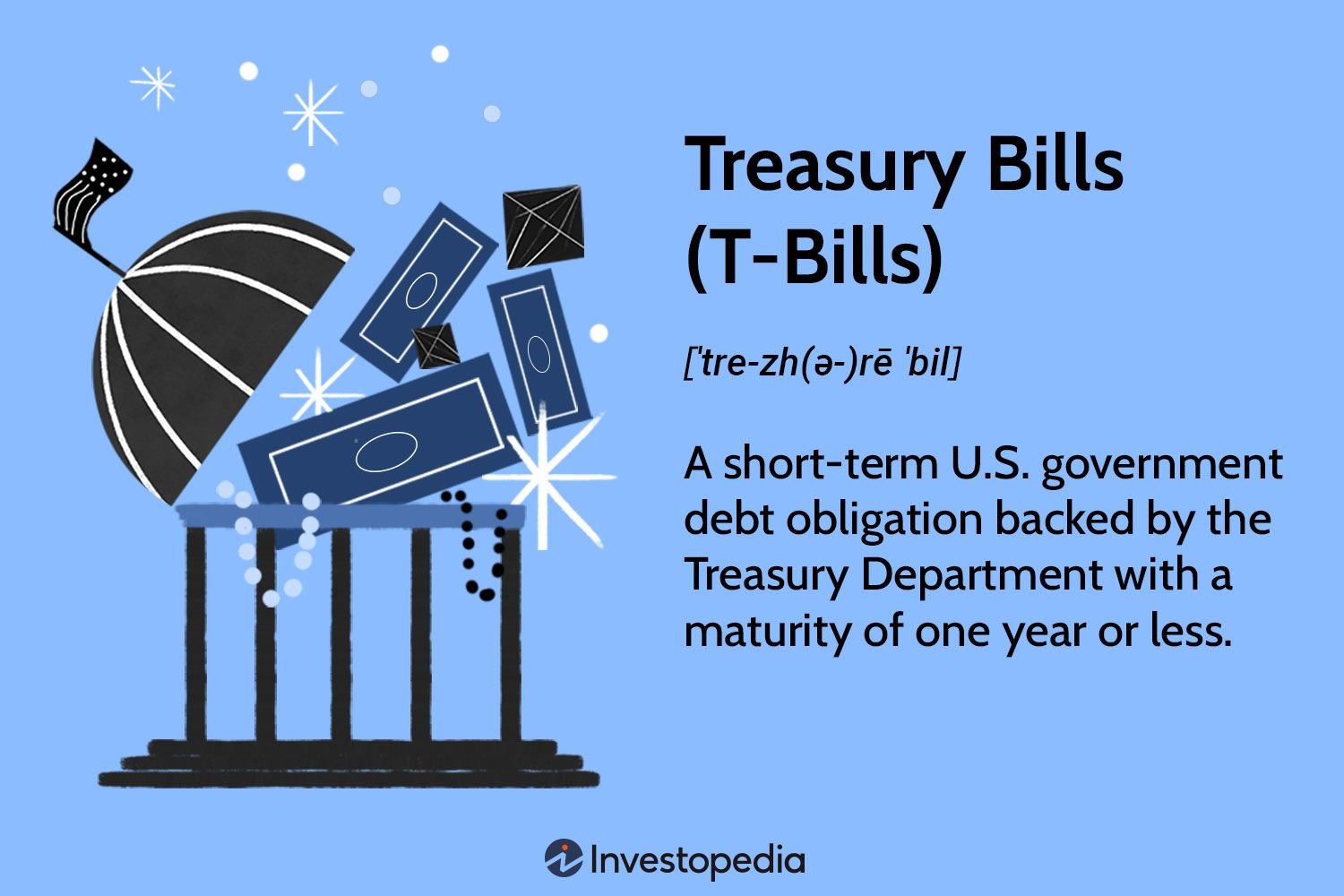Are you keen on understanding different types of credit scores? It’s a topic that can sometimes feel overwhelming, but fear not! In this article, we’ll dive into the world of credit scores, breaking down the different types and shedding light on what they mean for you. Whether you’re a newbie trying to navigate the credit landscape or a seasoned borrower looking to brush up on your knowledge, we’ve got you covered. Let’s unravel the complexities of credit scores together and gain a clearer understanding of how they impact your financial journey. So, let’s get started!
Understanding Different Types of Credit Scores
When it comes to managing your finances and making important financial decisions, having a good understanding of credit scores is crucial. Your credit score plays a significant role in determining your eligibility for loans, credit cards, and other financial opportunities. However, it’s important to note that there isn’t just one universal credit score. In fact, there are several different types of credit scores that lenders may use to evaluate your creditworthiness.
The FICO Score
The FICO score is one of the most well-known and widely used credit scores in the United States. Developed by the Fair Isaac Corporation, the FICO score is based on a scale ranging from 300 to 850. This score is calculated using a variety of factors, including your payment history, amounts owed, length of credit history, new credit, and credit mix. The higher your FICO score, the better your creditworthiness in the eyes of lenders.
Here is a breakdown of the different FICO score ranges:
- Exceptional (800-850): Individuals in this range are considered to have excellent credit and are likely to be approved for credit at the most favorable interest rates.
- Very Good (740-799): This range indicates that you have a very good credit history and are likely to be approved for credit at favorable interest rates.
- Good (670-739): Falling into this range means you have a good credit history, but you may not qualify for the best interest rates.
- Fair (580-669): Individuals in this range may have some credit issues or limited credit history, which could result in higher interest rates or more limited credit options.
- Poor (300-579): This range indicates serious credit issues, and individuals in this range may have difficulty obtaining credit or may need to work on improving their credit history.
VantageScore
The VantageScore is another widely used credit score model. It was developed by the three major credit bureaus – Experian, Equifax, and TransUnion – as a competitor to the FICO score. The VantageScore also uses a scale ranging from 300 to 850, with higher scores indicating better creditworthiness.
Like the FICO score, the VantageScore takes into account various factors such as payment history, credit utilization, credit age, credit mix, and recent credit inquiries. However, the specific calculations and weightings may differ from those of the FICO score.
Here is a breakdown of the different VantageScore ranges:
- Excellent (781-850): Individuals in this range are considered to have excellent credit, making them highly attractive to lenders.
- Good (661-780): This range indicates good creditworthiness and increases your chances of being approved for credit at reasonable interest rates.
- Fair (601-660): Falling into this range means you have a fair credit history but may face some limitations or higher interest rates when seeking credit.
- Poor (500-600): Individuals in this range may have difficulty obtaining credit and may need to work on improving their credit history and overall financial situation.
- Very Poor (300-499): Falling into this range suggests serious credit issues, and individuals may struggle to obtain credit without significant improvements.
Other Credit Scores
In addition to the FICO score and VantageScore, there are other credit scores that lenders may use to evaluate your creditworthiness. These scores may have different ranges and calculations, so it’s important to be aware of them as well. Some of the notable alternative credit scores include:
- Experian PLUS Score: This score ranges from 330 to 830 and is based on information from your Experian credit report.
- TransUnion CreditVision Score: With a range from 300 to 850, this score considers trending credit data and provides a more comprehensive view of your credit history.
- Equifax Credit Score: This score ranges from 280 to 850 and is based on information from your Equifax credit report.
- CE Score: Owned by CoreLogic, this score ranges from 350 to 850 and is commonly used by mortgage lenders.
Which Credit Score Matters?
With all these different credit scores, it’s natural to wonder which one really matters. The truth is that there isn’t a straightforward answer. Each lender can choose which credit score model to use, and they may even have their own proprietary scoring systems. However, many lenders rely on the FICO score or VantageScore when making credit decisions.
To complicate matters even further, different credit scores can also be used for different purposes. For example, when you apply for a mortgage, the lender may use a specific scoring model tailored to mortgage loans. Auto lenders may use a different scoring model designed for auto loans, and credit card issuers may have their own preferred credit scores.
Monitoring Your Credit Scores
Given the importance of credit scores, it’s essential to monitor them regularly to ensure their accuracy and to identify any potential issues. Here are some steps you can take to keep tabs on your credit scores:
- Check your credit reports: Request free copies of your credit reports from the three major credit bureaus – Experian, Equifax, and TransUnion. Review the reports for any errors or inaccuracies that could negatively impact your credit scores.
- Use credit monitoring services: Consider using a credit monitoring service that provides regular updates on your credit scores and sends alerts for any significant changes or suspicious activities.
- Monitor your credit card statements: Stay vigilant and review your credit card statements monthly to identify any unauthorized charges or fraudulent activity that could potentially harm your credit scores.
- Pay bills on time: Late payments can have a severe negative impact on your credit scores. Make sure to pay your bills on time to maintain good credit standing.
- Keep credit utilization low: Aim to keep your credit utilization ratio – the amount of credit you use compared to your credit limit – below 30%. High credit utilization can lower your credit scores.
- Avoid opening too many new accounts: Opening multiple new credit accounts within a short period may raise red flags for lenders and potentially lower your credit scores.
Improving Your Credit Scores
If you find that your credit scores need improvement, don’t worry. There are steps you can take to boost your creditworthiness over time. Here are some effective strategies to help improve your credit scores:
- Pay bills on time: Consistently making timely payments is one of the most important factors in improving your credit scores. Set up reminders or automatic payments to ensure you never miss a due date.
- Reduce credit card balances: Paying down your credit card balances can have a positive impact on your credit scores, especially if you have high credit utilization.
- Avoid closing old accounts: Closing old credit accounts can shorten your credit history and potentially lower your credit scores. Instead, keep those accounts open and use them responsibly.
- Limit new credit applications: Each time you apply for new credit, it generates a hard inquiry on your credit report, which can lower your credit scores. Only apply for credit when necessary.
- Diversify your credit mix: Having a mix of different types of credit, such as credit cards, loans, and mortgages, can demonstrate your ability to handle various credit obligations and improve your creditworthiness.
- Work with a credit counselor: If you’re struggling with significant credit issues, consider seeking help from a reputable credit counseling agency. They can provide guidance on managing your finances and improving your credit scores.
Understanding the different types of credit scores is essential for anyone looking to manage their finances effectively. While the FICO score and VantageScore are the most widely recognized, it’s important to remember that there are other credit scores that lenders may use. Monitoring your credit scores regularly and taking steps to improve them can help you maintain a healthy financial profile and unlock better financial opportunities in the future.
Why your credit scores are different from each other – How so many FICO, VantageScore scores happen
Frequently Asked Questions
Frequently Asked Questions (FAQs)
What are the different types of credit scores?
There are several types of credit scores used by lenders to assess your creditworthiness. The most commonly used ones are FICO Scores, VantageScores, and the TransUnion CreditVision Score.
How is FICO Score different from VantageScore?
FICO Score and VantageScore are both credit scoring models but use slightly different algorithms to calculate scores. FICO Score ranges from 300 to 850, while VantageScore ranges from 300 to 850 or 501 to 990, depending on the version.
What factors determine my credit score?
Credit scores are based on various factors, including payment history, credit utilization ratio, length of credit history, types of credit used, and recent credit inquiries.
Do different credit bureaus generate different credit scores?
Yes, credit scores may vary between different credit bureaus because they use different scoring models and may have access to different information.
How often should I check my credit score?
It is recommended to check your credit score at least once a year or before applying for significant credit, such as a mortgage or car loan.
Can I improve my credit score?
Yes, you can improve your credit score by making payments on time, reducing credit card balances, and maintaining a healthy credit mix.
Do credit scores affect loan approvals?
Yes, credit scores play a crucial role in loan approvals. Lenders use credit scores to assess the risk of lending to an individual and determine the terms, interest rates, and loan amounts.
Are credit scores the only factor for loan approvals?
While credit scores are essential, lenders also consider other factors such as income, employment history, and debt-to-income ratio when making loan approval decisions.
Can I have different credit scores for different loans?
Yes, you may have different credit scores for different loans because lenders may use different scoring models or assess your creditworthiness based on specific criteria for each type of loan.
Final Thoughts
Understanding different types of credit scores is essential when it comes to managing personal finances and making informed decisions. By familiarizing ourselves with the various credit scoring models, such as FICO and VantageScore, we gain valuable insights into how lenders perceive our creditworthiness. It allows us to identify areas of improvement, proactively address potential issues, and take steps to establish or maintain a good credit score. Whether we’re applying for a loan or seeking better interest rates, understanding the nuances of different credit scores empowers us to make smart financial choices. So, let’s prioritize understanding different types of credit scores to secure a solid financial foundation.



